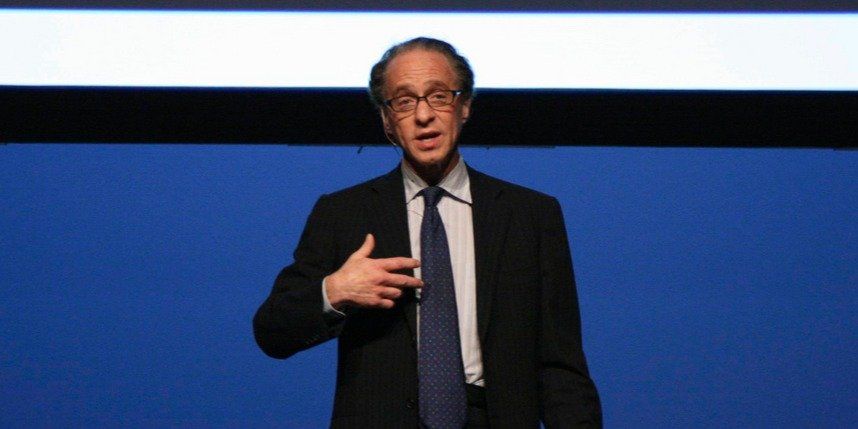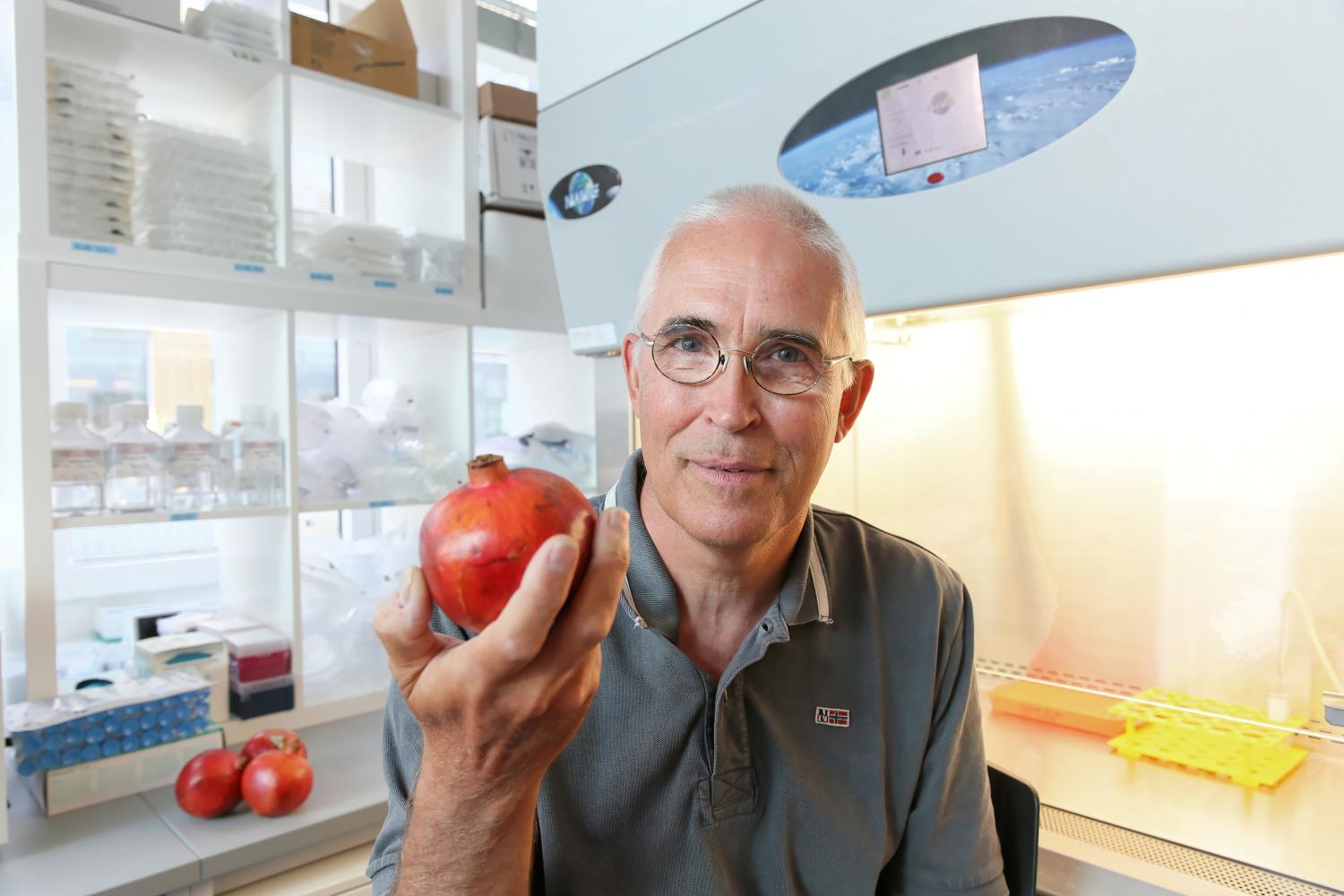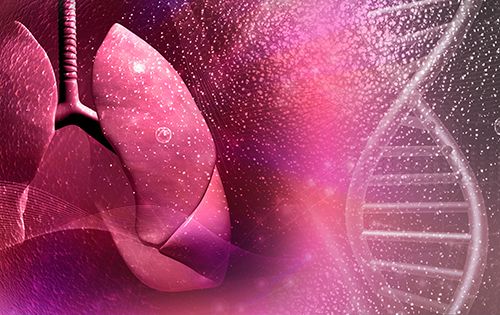Philosophers have been debating the meaning of life for millennia. Billions of people believe that the principal aim in life is to experience pleasure, and they try to enjoy life as much as possible before they die. A minority of others, make it their life’s aim to achieve something which is over and above simple pleasure: not merely to help others, not even to help humanity at large. They aim, whether knowingly or unknowingly, to improve the evolutionary process of nature as a whole.
So far, so good. But it appears that the view we hold about our life, our worldview, has a direct impact on our biology. We know that thinking positively may help improve the immune system. But research also shows that people who aim for pleasure (Hedonia) may have an impaired genetic profile, compared to those who aim for higher virtues (Eudaimonia). There is a distinction between these two terms and it is worth providing a definition here:
Hedonia is an exclusive search for pleasure and avoidance of discomfort. It may involve increased emphasis on eating well, drinking, dancing, playing, and generally enjoying simple pleasures in life. It is contentment, gratification, fun, merriment, satisfaction and, perhaps necessarily, a lack of motivation to search for a nobler aim in life. One may argue that hedonia involves a risk that leads to bad health due to a tendency to excesses (smoking, alcohol, coffee, sweets), a general inclination to avoid uncomfortable physical activity, and a lack of challenging cognitive effort. The risk of addiction may be increased. Erosion of social bonds become a possibility when a hedonist is more concerned about his/her own pleasure and is less sensitive to the needs of others.
Eudaimonia is a term reflecting the highest ‘intellectual good’. It is virtue plus excellence, superior ethical refinement, cognitive sophistication, as well as other qualities such as persistent motivation, wisdom, imagination, creativity, vision and a feeling of purpose. The term has been discussed by many ancient Greek philosophers particularly Aristotle and the Stoics. In modern times and in a wider sense, eudaimonia may be equated with meaningful technological hyperconnection, or ‘Intentional Evolution’, an attempt to constructively improve the human condition in all respects (including those relating to the wider universe). Hedonia is found both in animals and in humans, whereas eudaimonia is only found in humans.
The above descriptions deliberately avoid the mention of the term ‘happiness’. People may fulfil either hedonic or eudaimonic characteristics and still be happy or unhappy nevertheless. Although hedonia and eudaimonia are distinct concepts, both are philosophical notions of happiness.
It has been suggested that eudaimonic well-being is associated with increased volume of a specific part of our brain, the right insular cortex although it is not known if this increase is the cause or the result of eudaimonia. The insula has been implicated in higher abstract functions such as self-awareness, self-reflection, cognitive control and intentional, creative goal-directed behaviour.
Eudaimonia is influenced by genetic factors and not so much by the environment. In a classic paper, high eudaimonic well-being was associated with a decreased risk of depression, improved physical health, improved sleep patterns, a reduction of inflammation and stress markers, together with a lower risk of cardiovascular disease. By contrast, high hedonic well-being was not associated with any of these.
We know that the immune system may have an impact on social behaviour. In a study published yesterday, scientists have shown that a component of the immune system, namely interferon-γ, can control neuronal connectivity in areas of the brain which are implicated in social interactions. This is the new science of Social Genomics, which may help us understand the mechanisms involved in the interaction between our social and emotional self and our biology. Social Genomics study the influence of social factors such as loneliness, stress, conflict, cooperation, and interaction with technology, upon our genetic profile and gene expression. Scientists in social genomics have analysed gene expression in the white blood cells of healthy adults, and showed that those who fulfilled the hedonic criteria exhibited a higher expression of stress-related and inflammation-increasing factors. We know that stress and inflammation are implicated in ageing. In contrast, those people who fulfilled primarily the eudaimonic characteristics showed the opposite genetic features, namely a down-regulation of inflammatory markers and an improvement of certain immune factors. These findings were confirmed again. Although both hedonia and eudaimonia may contribute to a feeling of subjective well-being, it appears that eudaimonia is associated with a measurable health effect which is defined by objective genetic and biological characteristics.
This begs the question: Does ageing and early death have something to do with hedonism? And at the same time, is the pursuit of eudaimonia one of the prerequisites for long, healthy life? I addressed this issue from different perspectives in a blog and a paper. Over the past years I have argued that being meaningfully hyperconnected and searching for a nobler aim in life are characteristics associated with longevity (because such characteristics increase the information content of the individual and may improve cellular repair – the Indispensable Soma hypothesis).
Evolution tends to follow a trajectory defined by survival and, in the case of humans, it is biased towards achieving a higher common good, a stage which is better than the previous one. If this is the case, there should be conserved signalling pathways and other biological mechanisms which favour a continuation of survival AND the ability to contribute to the universal good. Merely seeking pleasure is seen, from an evolutionary perspective, as just surviving without the need to achieve anything higher. Thus, hedonia appears to be in conflict with the basic trajectory of evolution. In addition, there is another puzzling question: Why is eudaimonia found only in humans and not in other animals? If eudaimonia is a pathway that leads to an improvement in the human condition we may need to espouse it fully, in order to improve ourselves and achieve longer life as a result. In fact, it could be the ONLY path towards achieving extreme longevity. Waiting for others to come up with pills and treatments to ‘cure’ ageing, is just…hedonic, it reflects an avoidance of effort and unwillingness to deal with the matter ourselves.
So, here is a concept for debate: People who live within a cognitive ecosystem and actively pursue eudaimonic characteristics are likely to enjoy better health, and have increased chances of living longer, compared to those who merely seek personal pleasure. This makes sense from clinical, biological, evolutionary and philosophical standpoints.








